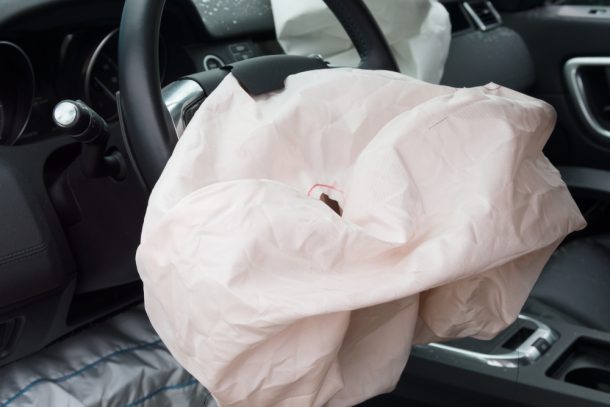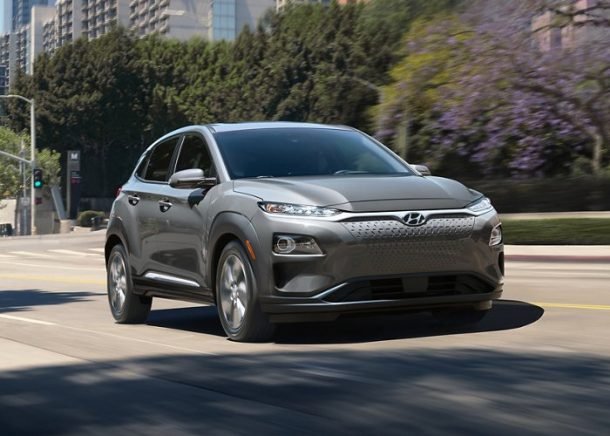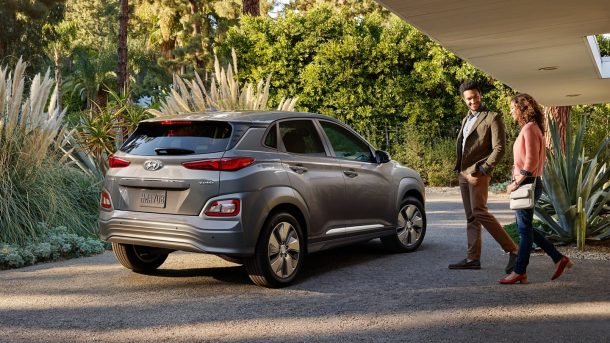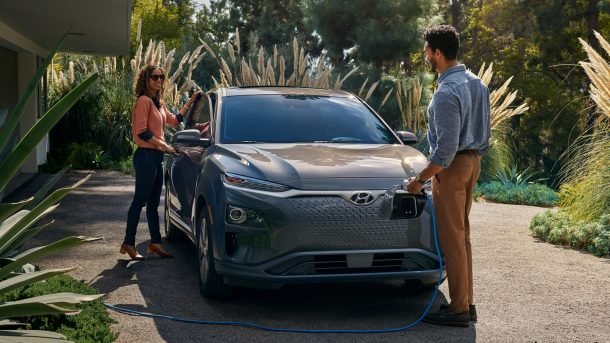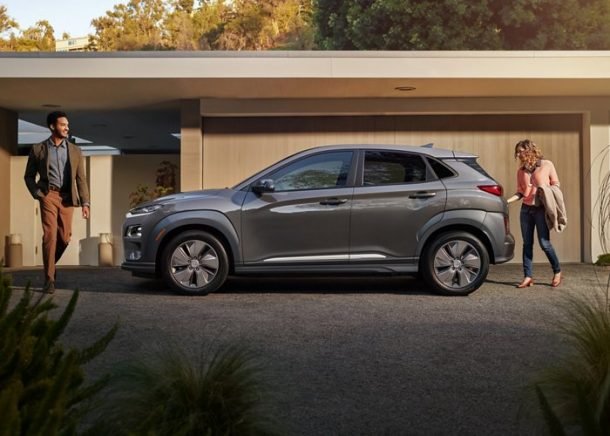The Takata airbag recall was the largest in the automotive industry. So large, in fact, that we don’t actually know how many defective units are still floating around out there.
With the recall encompassing over 100 million airbag inflators sold around the world with the potential to kill occupants with shrapnel, keeping tabs was always going to be difficult. But Blomberg is reporting that it’s effectively impossible to account for all of them, noting that there are parts of the planet where the affected customers weren’t ever notified. We still haven’t even managed to fix all the units we knew were shipped in the United States, with at least 14 million potentially deadly inflators still presumed to be on the road as of July.
While that’s bad news for North America, the U.S. is typically much better at contacting customers about recall campaigns than other nations. That’s something of particular importance when a recall is unprecedentedly large and therefore difficult to manage. Over 37 fatalities and 450 injuries have been attributed to defective Takata inflators, with some of those occurring a few months ago. But the recall officially started in November of 2014. By the following year, the campaign had swelled to encompass 40 million vehicles and officially became the largest recall in history — and it just kept getting bigger from there.
In an attempt to humanize the situation, Bloomberg cited several of the more recent incidents. Though its primary focus was a secondhand Honda CR-V equipped with a Takata airbag that exploded during an accident in Mexico City last December. The vehicle was backed into at low speeds, setting the safety device off and the defective unit killed the driver. Her husband has insisted they were never notified of any defects. He only found a recall had been done after a friend of the family brought it up as a possibility afterward.
“Someone needs to be held responsible,” said widower Ruy Drisaldi. “You buy a car with air bags and assume you’re protected. I now realize all the years we had that car, we were driving with a gun pointed to our heads.”
From Bloomberg:
The incident in Mexico illustrates how auto safety recalls, even for deadly defects, can fly under the radar in parts of the world with weak regulatory regimes. In the U.S., the National Highway Traffic Safety Administration (NHTSA) has taken unprecedented steps to not only oversee but also coordinate the industry’s campaign to replace the tens of millions of inflators. An independent monitor also prodded companies into adopting more effective outreach techniques beyond what’s required by law. Nothing similar is going on in Mexico, where companies say there’s not even an effective registration system through which they can locate owners of used cars.
“While the U.S. recall system is flawed, in other countries we see systems that are virtually nonexistent,” says Sean Kane, president of Safety Research and Strategies Inc., a consultant and advocacy organization in Rehoboth, Mass.
The outlet estimated that there are likely millions of vehicles still on the road with defective Takata inflators and no good way of ensuring that all customers will be notified. Many of the affected vehicles are older and likely to be on their second or third owner at this point. There’s only so much automakers can do via normal outreach channels when the recall is this large and there’s only so much they’re willing to do since this is ultimately costing them money.
Odds also favor the likelihood that there are countless incidents relating to the Takata airbags that never get put together or reported. Some countries don’t even have a way of reporting such a situation and there are clearly people out there that have no clue they could be driving around with potentially life-threatening safety equipment sitting directly in front of them. All in all, it remains a grim situation.
“Cases are tied to these failures only when companies acknowledge the problem,” stated Alejandro Furas, head of the New Car Assessment Program for Latin America and the Caribbean that lobbies governments on safety regulations. “We’re regrettably in the hands of the industry. The companies know this and take advantage of it.”
Fortunately, those living in the United States can still find out if their car is affected by going to the NHTSA’s Takata Spotlight page and brushing up on the details. It might also be worthwhile to chuck in your VIN to see if you’re car is under recall.
[Image: D. Pimborough/Shutterstock]
Become a TTAC insider. Get the latest news, features, TTAC takes, and everything else that gets to the truth about cars first by subscribing to our newsletter.

